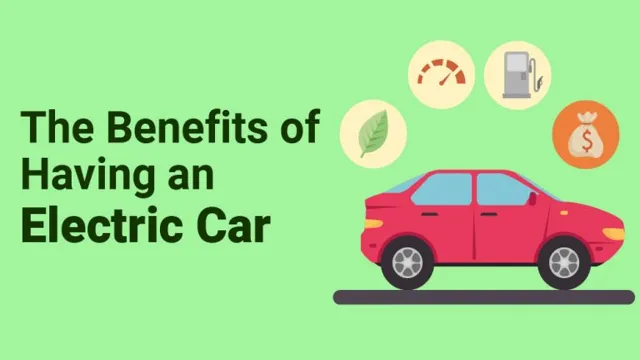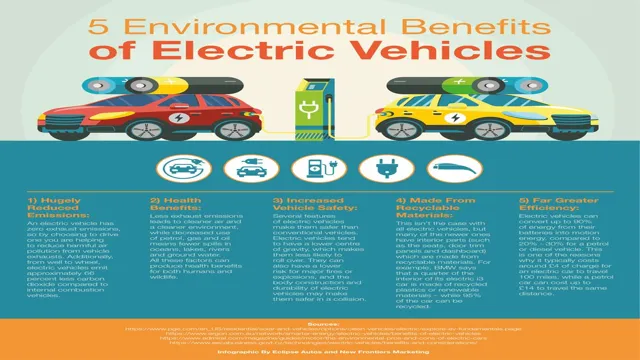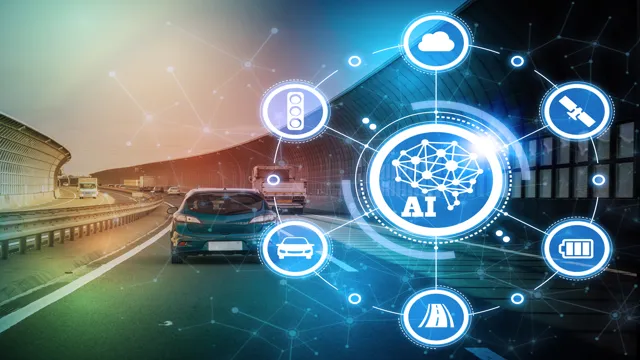Costs And Benefits of Electric Cars Vs Conventional Vehicles: A Comprehensive Guide
When people think about cars, they often wonder which type is better. The two main types are electric cars and conventional vehicles. Electric cars run on electricity, while conventional vehicles use gasoline or diesel. In this article, we will explore the costs and benefits of both types of cars. This will help you make a better choice when buying a car.
Understanding Electric Cars
Electric cars have batteries that store energy. This energy powers an electric motor. They do not have an engine like conventional cars. Here are some key points about electric cars:
- They produce no tailpipe emissions.
- They are quieter than conventional vehicles.
- They can be charged at home.
- They often have lower maintenance costs.
Understanding Conventional Vehicles
Conventional vehicles use gasoline or diesel. They have internal combustion engines. Here are some important facts:
- They have been around for over a century.
- They can refuel quickly at gas stations.
- They can travel long distances easily.
- They often cost less upfront than electric cars.

Costs of Electric Cars
Now, let’s talk about costs. Electric cars can be more expensive to buy. The price of an electric car can be higher than a conventional car. Here are some costs to consider:
- Purchase Price: Electric cars can cost more upfront.
- Charging Equipment: You may need to install a charger at home.
- Battery Replacement: Batteries may need replacement after some years.
- Insurance: Insurance for electric cars can be higher.
Benefits of Electric Cars
Even with higher costs, electric cars have many benefits. These benefits can save you money in the long run. Here are some key benefits:
- Fuel Savings: Electricity is often cheaper than gasoline.
- Tax Incentives: Some governments offer tax credits for electric cars.
- Less Maintenance: Electric cars have fewer moving parts.
- Environmental Impact: They produce no emissions, helping the planet.
Costs of Conventional Vehicles
Conventional vehicles have their own costs. They are often cheaper to buy. However, other costs can add up. Here are some costs to think about:
- Fuel Costs: Gas prices can fluctuate and be expensive.
- Maintenance: They need regular oil changes and repairs.
- Emissions Fees: Some areas charge fees for emissions.
- Depreciation: Conventional cars lose value over time.
Benefits of Conventional Vehicles
Conventional vehicles also have benefits. They are familiar to most people. Here are some main benefits:
- Quick Refueling: Filling up takes only a few minutes.
- Long Range: They can travel far without charging.
- More Models: There are many choices for different needs.
- Lower Initial Cost: They are often cheaper to buy.
Environmental Impact
One big difference is the environmental impact. Electric cars do not produce exhaust fumes. This helps to reduce air pollution. Conventional vehicles release harmful gases. These gases can cause health problems and climate change.
Charging and Refueling
Charging an electric car is different from refueling a conventional vehicle. You can charge at home overnight. This is very convenient. However, finding charging stations on long trips can be challenging.
Conventional vehicles can refuel quickly at gas stations. There are many gas stations available. This makes them easy to use for long trips.
Resale Value
Resale value is important when buying a car. Electric cars are still new. Their resale value can be uncertain. Conventional vehicles tend to hold their value better. This is especially true for popular brands.

Future Trends
The future of cars is changing. Many countries want to reduce greenhouse gases. This means more electric cars will be on the road. Car companies are investing in electric vehicles. They are making more models available for consumers.
Frequently Asked Questions
What Are The Main Costs Of Electric Cars?
Electric cars often have higher upfront costs compared to conventional vehicles. However, they save money on fuel and maintenance over time.
How Do Electric Cars Save Money On Fuel?
Electric cars use electricity, which is usually cheaper than gasoline. Charging at home can lower costs even more.
What Are The Environmental Benefits Of Electric Cars?
Electric cars produce no tailpipe emissions, reducing air pollution. They help fight climate change by lowering greenhouse gas emissions.
Are Electric Cars Cheaper To Maintain?
Yes, electric cars generally have fewer moving parts. This means lower maintenance costs over their lifespan.
Conclusion
Choosing between electric cars and conventional vehicles is not easy. Each type has its costs and benefits. Electric cars offer savings in fuel and maintenance. They also help the environment. However, they can be expensive to buy and charge.
Conventional vehicles are cheaper upfront. They are easy to refuel and have a long range. But, they can be costly in fuel and maintenance over time. It is important to think about your needs.
Consider how much you drive. Think about where you live. Also, consider your budget. By looking at all these factors, you can make a better choice. Whether you choose an electric car or a conventional vehicle, each has something special to offer.
Final Thoughts
In summary, both electric cars and conventional vehicles have their pros and cons. Electric cars are cleaner and often cheaper to operate. Conventional vehicles are more familiar and can be less expensive to buy. The choice depends on your lifestyle and preferences.
Take your time to research and compare. Speak with others who own these vehicles. This will help you make a well-informed decision. Happy car shopping!


